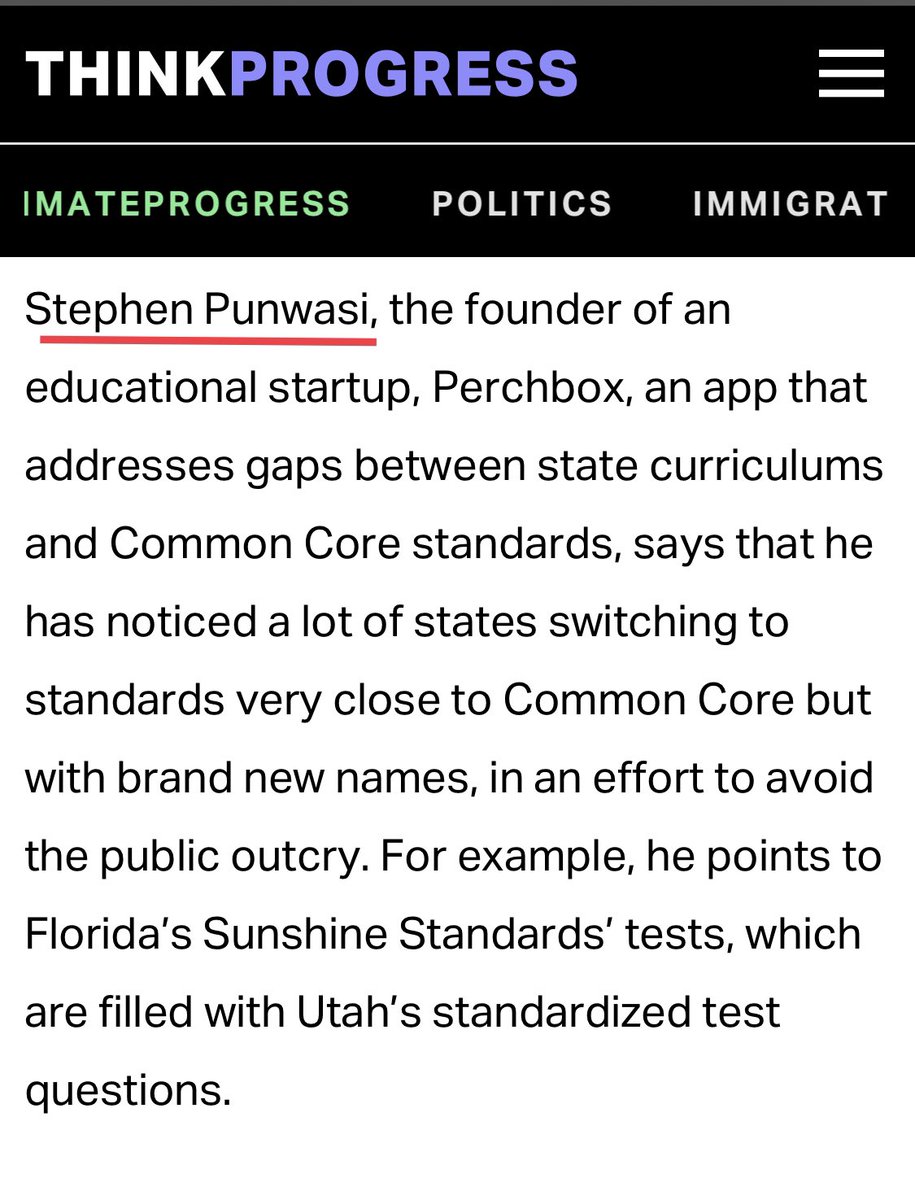
Okay, quick explanation of why the arts are just as important as STEM.
No, it’s not because rich people things lead to networking opportunities.
It’s because of how the brain develops.
You’ll understand public ed better than most politicians in a few seconds.
<thread> 🧵👇
No, it’s not because rich people things lead to networking opportunities.
It’s because of how the brain develops.
You’ll understand public ed better than most politicians in a few seconds.
<thread> 🧵👇
2/ Think of the brain as a mess of wires that send information.
These wires are called synapses, and are how electrical impulses communicate information. The more wires, the more information can be processed.
Kinda like internet bandwidth.
These wires are called synapses, and are how electrical impulses communicate information. The more wires, the more information can be processed.
Kinda like internet bandwidth.
3/ Young children have a whack of these wires. They need it. They’re learning a lot of new things, like walking and speaking.
As you repeat tasks, your brain becomes more efficient at doing them. As your brain becomes more efficient, you need less bandwidth to process info.
As you repeat tasks, your brain becomes more efficient at doing them. As your brain becomes more efficient, you need less bandwidth to process info.
4/ So your brain undergoes a process called synaptic pruning. Your body starts to cut the wires, leading to fewer synapses.
Most of the loss is during "regulatory" pruning. You'll hopefully never need to learn to walk again, so the brain scraps the recipe to learn it.
Most of the loss is during "regulatory" pruning. You'll hopefully never need to learn to walk again, so the brain scraps the recipe to learn it.
5/ The more a child become “efficient,” the more pruning occurs.
As kids hit adolescence, pruning slows down dramatically.
When they're in their 20s, it's thought to totally stop.
This means the years up to the 20s becomes crucial in how people think for LIFE.
As kids hit adolescence, pruning slows down dramatically.
When they're in their 20s, it's thought to totally stop.
This means the years up to the 20s becomes crucial in how people think for LIFE.
6/ People exposed to a variety of experiences in their youth, need the most synapses. The more varied the experiences, the better.
Music, visual arts, exploring, reading, writing, literature, comics, imaginary friends, coding... The more, the better off later.
Music, visual arts, exploring, reading, writing, literature, comics, imaginary friends, coding... The more, the better off later.
7/ Kids that stick to the same experiences, with the least stimulation, need fewer synapses.
Going to school, doing the bare minimum, a low intensity schedule back home, etc. leads to more "efficiency."
The pruning that occurs to make them more efficient is *permanent.*
Going to school, doing the bare minimum, a low intensity schedule back home, etc. leads to more "efficiency."
The pruning that occurs to make them more efficient is *permanent.*
8/ This means over the long term, kids with the most varied childhoods are likely to have an easier time adapting to new experiences in adulthood, leading to an easier time in life in general.
Those with the most routine exposure, are likely to have a harder time adapting.
Those with the most routine exposure, are likely to have a harder time adapting.
9/ In other words, reduction in these programs are a permanent loss to societal potential.
The worse the system does, the more society becomes dependent on parents needing to take this role.
This produces an inequality gap, we pay for later.
The worse the system does, the more society becomes dependent on parents needing to take this role.
This produces an inequality gap, we pay for later.
10/ I maintain anyone can learn anything, at any age.
Some people just have to work a lot harder than others, due to how they were setup.
As society rapidly shifts, some people will rapidly adapt and thrive. Those that didn’t, become a liability for society later on.
Some people just have to work a lot harder than others, due to how they were setup.
As society rapidly shifts, some people will rapidly adapt and thrive. Those that didn’t, become a liability for society later on.
11/ When politicians start to say they’re eliminating arts, and focusing on STEM. It sounds like a good idea.
Unfortunately, all research in this area indicates it produces more efficient workers that can take directions.
Not smarter children.
Unfortunately, all research in this area indicates it produces more efficient workers that can take directions.
Not smarter children.
That’s a cheat sheet for an expensive lesson I learned, after years of research.
If you’re wondering why I spent so much time and money on it, I’m the Stephen Punwasi in this article.
I’m also formally trained in the fine arts, culinary arts, computer science, and finance. 😉
If you’re wondering why I spent so much time and money on it, I’m the Stephen Punwasi in this article.
I’m also formally trained in the fine arts, culinary arts, computer science, and finance. 😉

• • •
Missing some Tweet in this thread? You can try to
force a refresh


